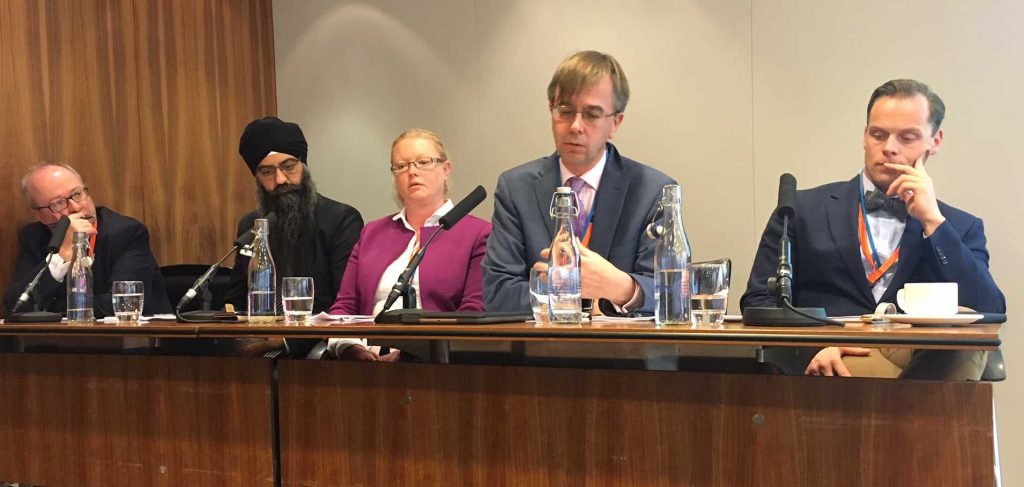
Councils need to be more confident in countering criticism of their growing investment in commercial property transactions, according to experts.
Speakers at Room151’s Local Authority Treasury and Investment Forum this week concluded that councils are unlikely to be creating a credit bubble through their investments in property schemes.
After stories in the national press criticising local authority acquisitions of shopping centres and office developments, delegates heard that councils need to take the initiative in communicating the benefits.
Andrew Burns, CIPFA president and director of finance and resources at Staffordshire County Council, said: “We need to get in and show what we have done; not only why it has benefited us, but also how it has enabled the government agenda.”
He said that councils must point out the benefits to other parts of government, such as the Treasury, which profits from the raft of Public Works Loan Board loans underpinning council property transactions.
Luke Webster, chief investment officer at the Greater London Authority agreed, adding: “I think it is worthwhile being on the front foot in communicating a lot of these transactions.
“There is a temptation when juggling a lot of balls and not having hundreds of thousand of pounds to spend on marketing, just to move onto the next thing.
“But each of these deals are something to celebrate. Being on the front foot means that you are not just responding to a heavily simplified newspaper report.”
Terry Collier, deputy chief executive and chief finance officer at Spelthorne Borough Council, also spoke during the session. Collier’s council last year undertook the largest single property deal undertaken by a UK local authority when it purchased the BP campus in Sunbury-on-Thames for £350m to rent back to the energy giant.
He said: “We need to work on explaining to taxpayers and residents and we need to keep returning to the message.”
The panel was asked whether investing in property for financial returns, as well as to boost economic growth were conflicting aims.
In reply, Claire Williams Morris, deputy chief financial officer at Guildford Borough Council, said: “I feel more comfortable making a decision with that dual purpose—it is part of the back-up plan if it went wrong. If you know you can drive value in other ways then you enhance the security of the deal.”












